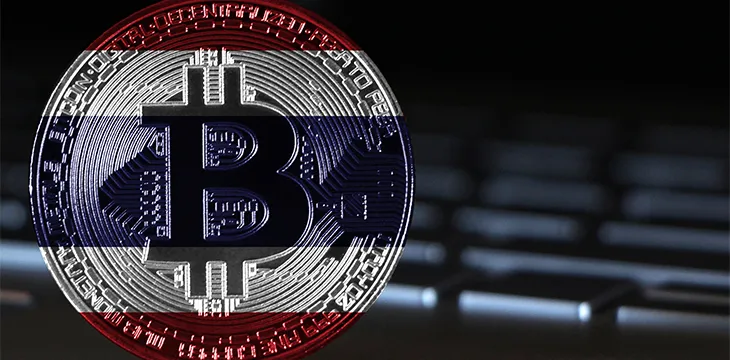|
Getting your Trinity Audio player ready...
|
Three Thai regulators have teamed up to offer more clarity on the use of digital currencies for payments in the country. Led by the Bank of Thailand, the government agencies said digital currencies are too volatile and prone to cyberthefts to be used as payment methods and pose a risk to the country’s financial system.
The central bank issued the joint statement on digital currency payments with the Securities and Exchange Commission and the Ministry of Finance. The three said after their joint review, they had deemed it necessary to “regulate the usage of digital assets as a means of payment for goods and services, to avert potential impacts on the country’s financial stability and economic system.”
Thailand’s digital currency industry has been growing aggressively in the past few years, even with the central bank warning the public against them. The three agencies acknowledged this growth, saying that the adoption goes beyond investment as more people use digital currencies to make payments. This was Satoshi Nakamoto’s goal when he created Bitcoin, describing it in the white paper as “peer-to-peer electronic cash.”
According to the three, using digital currencies as payment methods “could potentially impact financial stability and the overall economic system.” It could also “pose further risks to consumers and businesses through price volatility, cybertheft, personal data leakage, or money laundering, etc,” they said.
While the SEC and the Ministry of Finance are only just getting involved in the debate over digital currency payments, the central bank has made it clear for years that it’s opposed to it. In December, Senior Director Sakkapop Panyanukul stated that companies accepting BTC for payments “will impact the central bank’s ability to oversee the economy.”
The three regulators revealed that they would make an effort to limit digital assets for payments.
“As the current payment system in Thailand is already highly efficient, the use of digital assets to pay for goods and services would not add much benefit to consumers and businesses,” the SEC said in an additional statement.
The securities watchdog has asked for public feedback up until February 8 before it implements guidelines that will curb digital asset payments.
Watch: CoinGeek New York panel, Government & Public Sector Applications on Blockchain
https://www.youtube.com/watch?v=wGw6rBv7nlc&t=12716s

 07-11-2025
07-11-2025 





